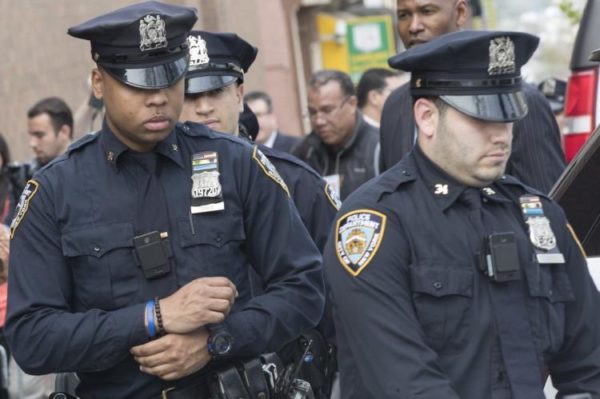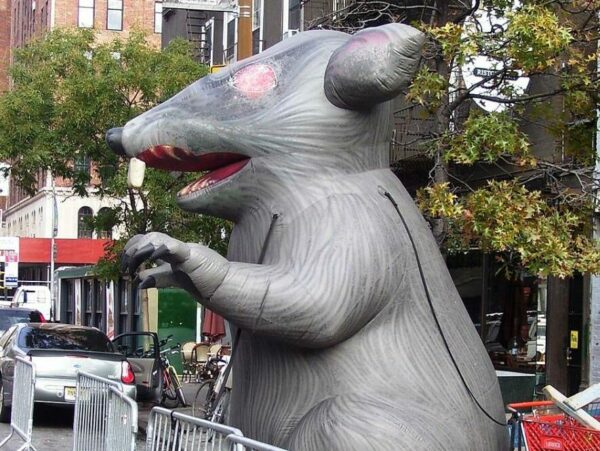New Orleans – The first thing you notice in New Orleans is the pace – everyone and everything moves slowly, perhaps due to the heat and humidity that prevails for much of the year; the second thing might be the potholes, perhaps due to an unhealthy relationship between taxes and roadway maintenance.

This is the city where they let the good times roll – “Laissez le bon temps rouler” – where even movie theaters have bars, bars have laundromats, and pedestrians bring their beverages along for a stroll.
Like just about every city in America, New Orleans has its share of homeless people, sleeping under highway overpasses just a short distance from high end shops and prestigious universities, and try to catch some sleep in city parks until official patrols come along to rouse them from their slumber. Other urban perennials are income and racial inequality. As one blogger wrote, “Fifteen minutes from the mayor’s office, citizens are living in abject poverty. … Over 20 percent of New Orleans families of four are living on a cash income of $10,000 a year or less.”
Working people are struggling to survive, while the Louisiana Senate just defeated a bill increasing the minimum wage by $1.25 an hour, along with two other measures aiming to lift families out of poverty. One measure was an effort to address the gender-based pay disparities. Louisiana’s wage gap among men and women workers is among the highest in the U.S. One overworked waitress spoke about just having quit her second job, and heading into her 12th hour of waiting on tables on a Wednesday evening.
Working people are struggling to survive, while the Louisiana Senate just defeated a bill increasing the minimum wage by $1.25 an hour, along with two other measures aiming to lift families out of poverty.
A small group of construction workers spoke about their status, working on a huge project close by the national World War II Museum, and, in their estimation, getting good wages, benefits, a 401(k) plan, but no union. “The unions raise the costs of building too high,” said one. “The building trades unions are here, but they’re pricing themselves out of the market,” he said.
Louisiana union membership ranks low – 4.5 percent of the wage and salary workers in the state were union members in 2011 – with only four states reporting lower percentages of union membership: North and South Carolina, Georgia, and Arkansas. However, the hospitality industry recently got an influx of new members after the years-long campaign to organize by UNITE HERE won a victory at the city’s largest hotel—the Hilton New Orleans Riverside–when hundreds of workers voted to unionize. The 500 unionized employees join about 1,500 other workers represented by the union in the area. The industry employs 80,000 and relies on low-wages to service the influx of tourists, in a sector of the economy that is critical to the city’s fortunes.
One lengthy conversation with a Trump supporter touched on the topic of regulations. In his view, that of a man who knows his way around tools, they are unnecessary, just adding time and costs to jobs that can be policed by the participants and are safe if procedures are followed correctly. We reached one area of agreement – that the Deepwater Horizon explosion in the Gulf was a tragedy precisely because the correct procedures were not followed, no one stopped the job, and 11 men died.
Unlike Arlie Hochschild, who spent years talking to people in Louisiana and doing the research for her excellent book, Strangers in Their Own Land: Anger and Mourning on the American Right, we spoke to these people during brief encounters over the course of eight days – enough to know that, like most places in America, people are struggling to make a living, to make a difference in their own lives, and to make sense of this strange time we are living through.
.



